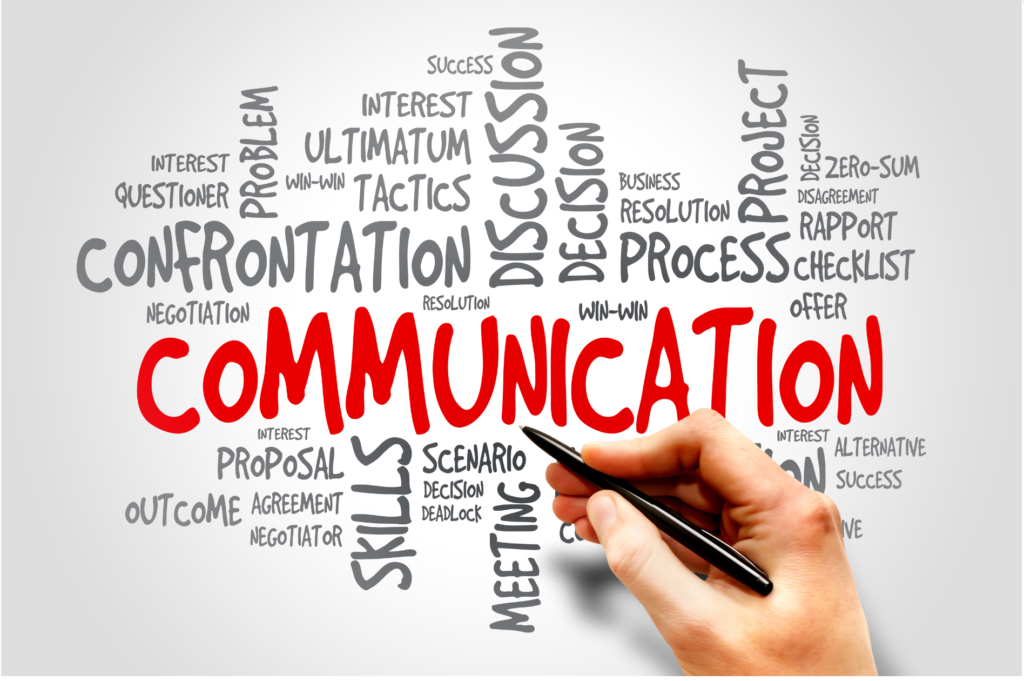
College life is a transformative phase marked by academic pursuits and vibrant social interactions. However, college-going students often find themselves grappling with conflicts between their educational commitments and their social engagements. This article delves into the intricate realm of educational-social conflicts among college students, unraveling the underlying factors contributing to these conflicts and proposing potential solutions.
Understanding Educational-Social Conflicts: Educational-social conflicts refer to the tensions and dilemmas that arise when college students attempt to balance their academic responsibilities with their desire to participate in social activities. These conflicts manifest in various forms:
- Time Management Struggles: Juggling coursework, assignments, and exams while engaging in social events and gatherings can lead to challenges in managing time effectively.
- Peer Pressure and Social Expectations: College life introduces students to a diverse range of peers and social experiences. Peer pressure and the desire to fit in can lead to situations where students prioritize social events over their studies.
- Academic Performance vs. Social Enjoyment: The pursuit of academic excellence can sometimes clash with the desire to enjoy college life and build social connections, leading to internal conflicts.
- Extracurricular Activities and Commitments: Participating in extracurricular activities or part-time jobs can enhance students’ skill sets, but they can also strain their time management and create conflicts with academic responsibilities.
Causes of Educational-Social Conflicts: Several factors contribute to the emergence of educational-social conflicts among college students:
- Transition and Identity Exploration: College is a period of transition where students explore their identities and seek autonomy. Balancing academic demands with social exploration can lead to conflicts.
- Peer Influence and Societal Expectations: Peer pressure and societal norms influence college students’ choices. The pressure to be socially active and well-liked can divert their attention from academics.
- Digital Distractions: The omnipresence of smartphones and social media can divert college students’ focus from studies to online interactions, further exacerbating time management challenges.
- Pressure to Network and Socialize: College is often seen as a time to build networks and connections for future opportunities. The pursuit of networking can sometimes overshadow academic priorities.
Resolving Educational-Social Conflicts: Effectively addressing educational-social conflicts requires a collaborative effort involving students, educators, and parents:
- Time Management Workshops: Colleges can organize workshops to teach time management skills, helping students strike a balance between academics and social engagements.
- Supportive Campus Environment: Colleges should create an environment that values both academic achievements and social involvement. This can reduce the perceived conflict between the two aspects of college life.
- Mentorship Programs: Establishing mentorship programs can provide students with guidance on managing their time, setting priorities, and making informed decisions regarding academics and social engagements.
- Digital Wellness Initiatives: Colleges can promote digital wellness by educating students about responsible online behavior and the importance of unplugging from screens to focus on studies.
- Flexible Curriculum: Offering flexible study options, such as online courses or blended learning, can accommodate students’ varied schedules and social commitments.
- Effective Communication: Encouraging open communication between students, parents, and educators can lead to a better understanding of students’ needs and challenges.
Conclusion: Educational-social conflicts are a common experience among college-going students, as they navigate the delicate balance between academic pursuits and social interactions. By acknowledging the causes of these conflicts and implementing practical solutions, colleges can help students effectively manage their time, make informed choices, and derive the fullest benefits from both their educational and social experiences. In doing so, students can emerge from their college years not only with strong academic accomplishments but also with valuable social skills and meaningful connections.
Contact us for Guidance and Counseling:
Disha Guidance and Counseling
+91 9719146010, 05946-354582


